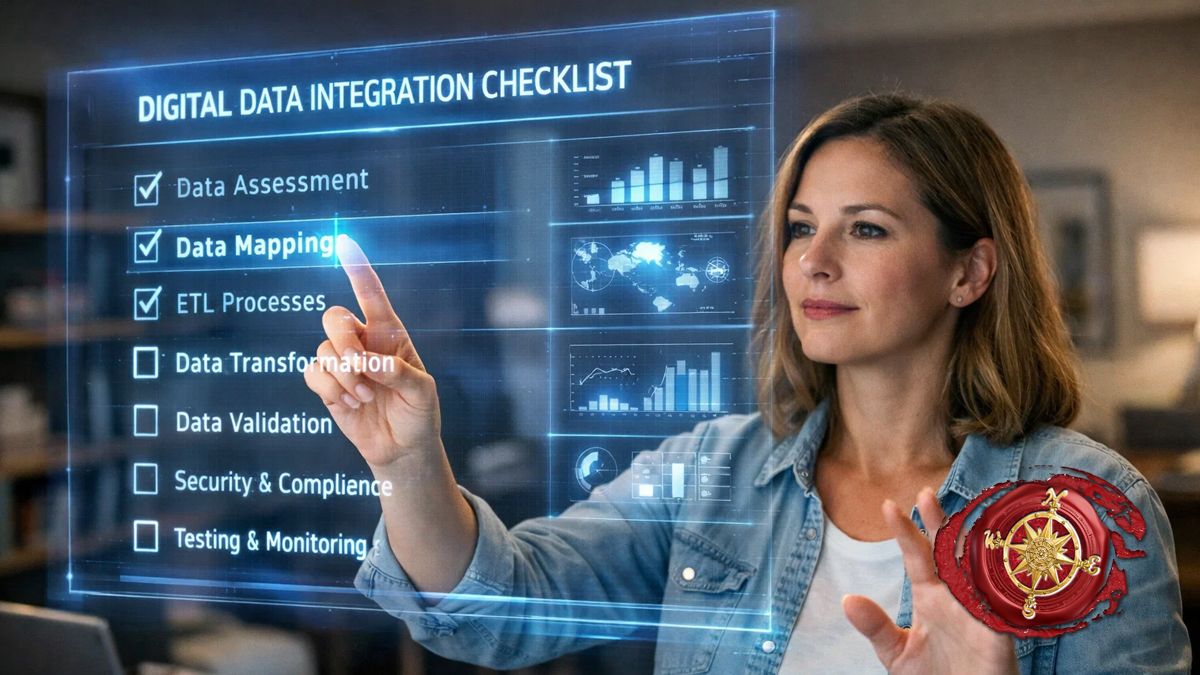Your Guide to Boosting Online Visibility
PLEASE READ THIS ARTICLE FIRST – There has been a significant update that you should know about, Thanks
Search Engine Optimization, or SEO, isn’t just a buzzword—it also can be your golden ticket to online visibility. With millions of websites competing for attention, mastering SEO the right way is the key to standing out in 2024. But why does SEO matter so much? Simply put, it’s how your audience finds you amid the noise. Let’s dive in and break it all down.
Understanding the Basics of SEO
What is SEO?
At its core, SEO is the art of making your website irresistible to search engines like Google. They have in the past wanted to provide the best results for what was being searched for so that people would continue using the engine. It’s about aligning your content with what people are searching for and ensuring it shows up at the top of search results. If you have what they are looking for, and place it the way the Search Engines like it, you can get indexed.
Types of SEO
- On-Page SEO
This involves optimizing elements within your website, such as content, meta tags, and internal links. - Off-Page SEO
This focuses on actions outside your website, like backlinks and social media signals, to boost your site’s reputation. - Technical SEO
Aimed at improving your site’s infrastructure, like speed, mobile-friendliness, and crawlability.
Why Keywords Are the Backbone of SEO
Keywords are like the map pins guiding your audience to your site. Researching and strategically placing them within your pages geared to those keywords or what also is known as Keyword Phrases, ensures your content reaches the right people.
Deeper Dive on Each Technique:
On-Page SEO Techniques
Crafting High-Quality, Relevant Content
This is where it all begins. Content is king, but not just any content. Write for your audience first, then optimize for search engines. Use relevant keywords naturally and provide value that answers real questions. It is the melding of the science of keyword, and keyword phrase inclusion with the art of the copy that persuades, connects, and/or triggers the action of the reader.
Optimizing Meta Titles and Descriptions
Your meta title and description are the first things users see in search results. Make them catchy, concise, and filled with targeted keywords and phrases that you want to optimize for. Remember it is the proper meeting of science and art here.
Image Optimization for Better Load Times
Large images can slow your site down, hurting both SEO and user experience. Compress your images and add descriptive alt text for better accessibility. Keep in mind, that the indexing spiders cannot see what’s in the image but can read the data that is on it.
Internal Linking Strategies
By linking within your site from page to page is a great way for the spiders, and the readers (e.g. science and art) to understand better how your content is structured. Link to other relevant pages on your site to help search engines track your content’s navigation and keep visitors engaged.
Off-Page SEO Techniques
Building High-Quality Backlinks
Backlinks from reputable sites act as votes of confidence. Focus on quality over quantity to boost your domain authority. There are tried and true tactics that can be employed by the Marketing Professionals of MediaBus Marketing that can show results in less than 45-60 days.
Social Media as an SEO Booster
While social media links don’t directly impact rankings, they drive traffic to your site and increase brand visibility. Dissemination of your content with links back to your website has multiple ways of benefitting you in the short term and in the long run at the same time.
Leveraging Guest Blogging
Publishing articles on other websites in your niche builds backlinks and introduces your brand to a broader audience. Attributed linking from another’s site to yours can do wonders when it comes to algorithmic measurements.
Technical SEO Techniques
Site Speed Optimization
No one likes a slow website. Most are accessing your pages via their cell phone over their data plans. When you optimize your site’s loading time by compressing files, enabling caching, and using fast hosting you assist their trained sense of uploading of content.
Mobile-Friendliness and Responsive Design
Mobile searches have surpassed desktop viewing, which ensures you make your site work seamlessly on all devices. This is a non-negotiable fact in today’s online world.
Fixing Crawl Errors
Use tools like Google Search Console to identify and fix crawl errors that prevent search engines from indexing your site properly.
Using Structured Data and Schema Markup
Help search engines understand your content better with structured data, which can also enhance how your pages appear in search results. Again employing the expertise of a Marketing Professional with MediaBus Marketing can help you with all these techniques.
Advanced SEO Strategies
Voice Search Optimization
With smart speakers, like Siri and Alexa, and voice assistants gaining popularity, optimizing for voice search can give you an edge. Focus on conversational keywords and FAQs.
Content Clusters & Topic Authority
Instead of writing one-off articles, create content clusters around a central topic to establish authority and improve internal linking within your site.
AI & SEO – How Technology is Shaping Search
AI tools like ChatGPT, Claude, and Perplexity AI are revolutionizing how we create and optimize content. Stay ahead by leveraging AI for keyword research, content creation, and performance analysis.

Measuring Your SEO Success
Common SEO Mistakes to Avoid
Other Articles You May Enjoy:
Your Next Steps…
Mastering SEO might seem like a tall order, but with the right techniques, it’s entirely achievable. Focus on the fundamentals, stay updated with trends, and always prioritize your audience. Remember, SEO isn’t just about pleasing search engines—it’s about creating a seamless experience for your users.
MASTERING SEO FAQs
- What is the difference between on-page and off-page SEO?
On-page SEO focuses on your website’s internal elements, while off-page SEO involves external factors like backlinks. - How long does it take to see results from SEO?
Results vary, but you typically see significant improvements in 3-6 months. Often it can take up to 12 months or more. - What tools are best for keyword research?
Tools like Google Keyword Planner and our proprietary tools are excellent for finding the right keywords. - Is SEO still relevant in 2024?
Absolutely! As long as people use search engines, SEO will remain vital. Keep in mind EVERYTHING is in flux. - How often should I update my website for SEO?
Regular updates—at least monthly—keep your content fresh and relevant.





